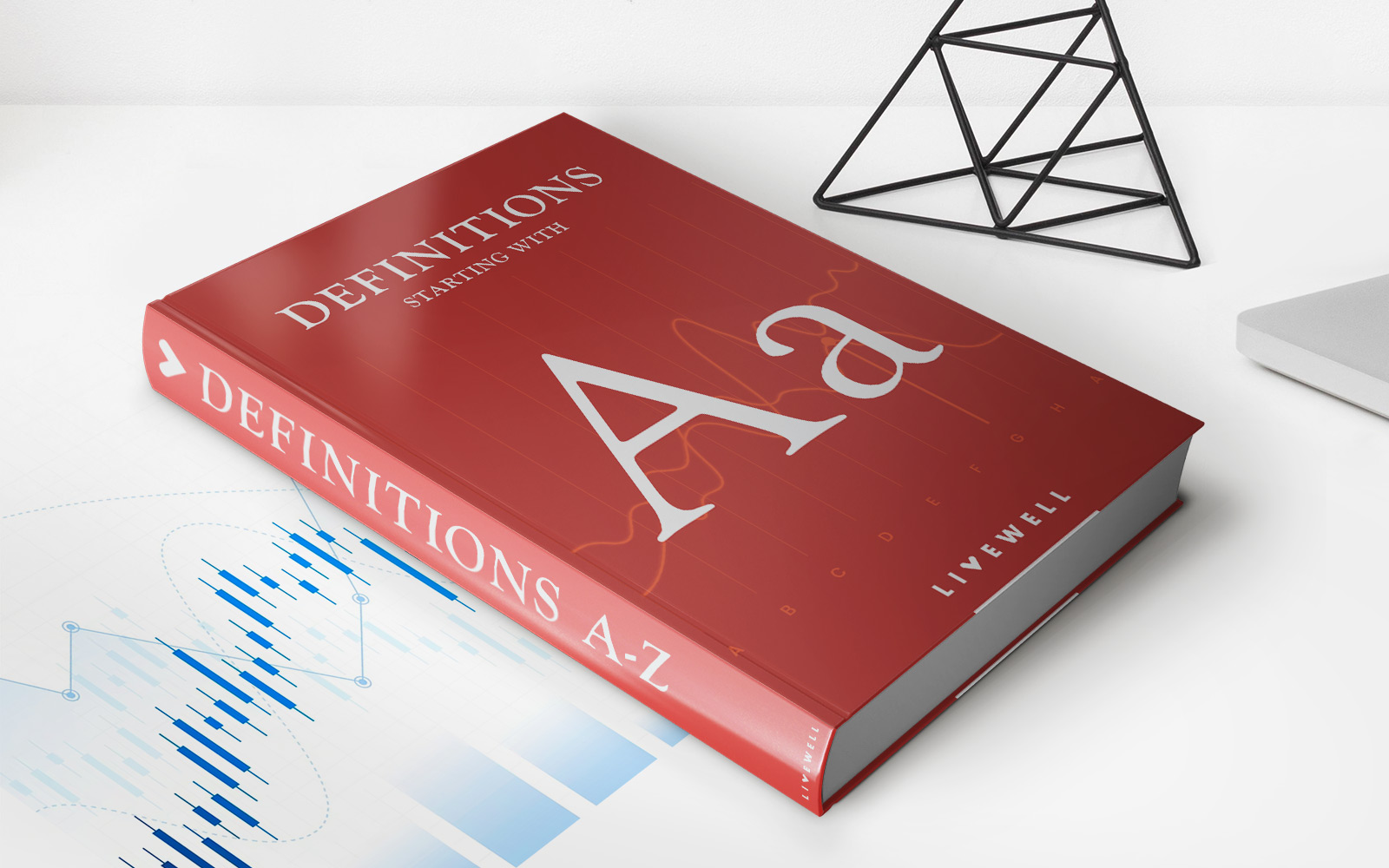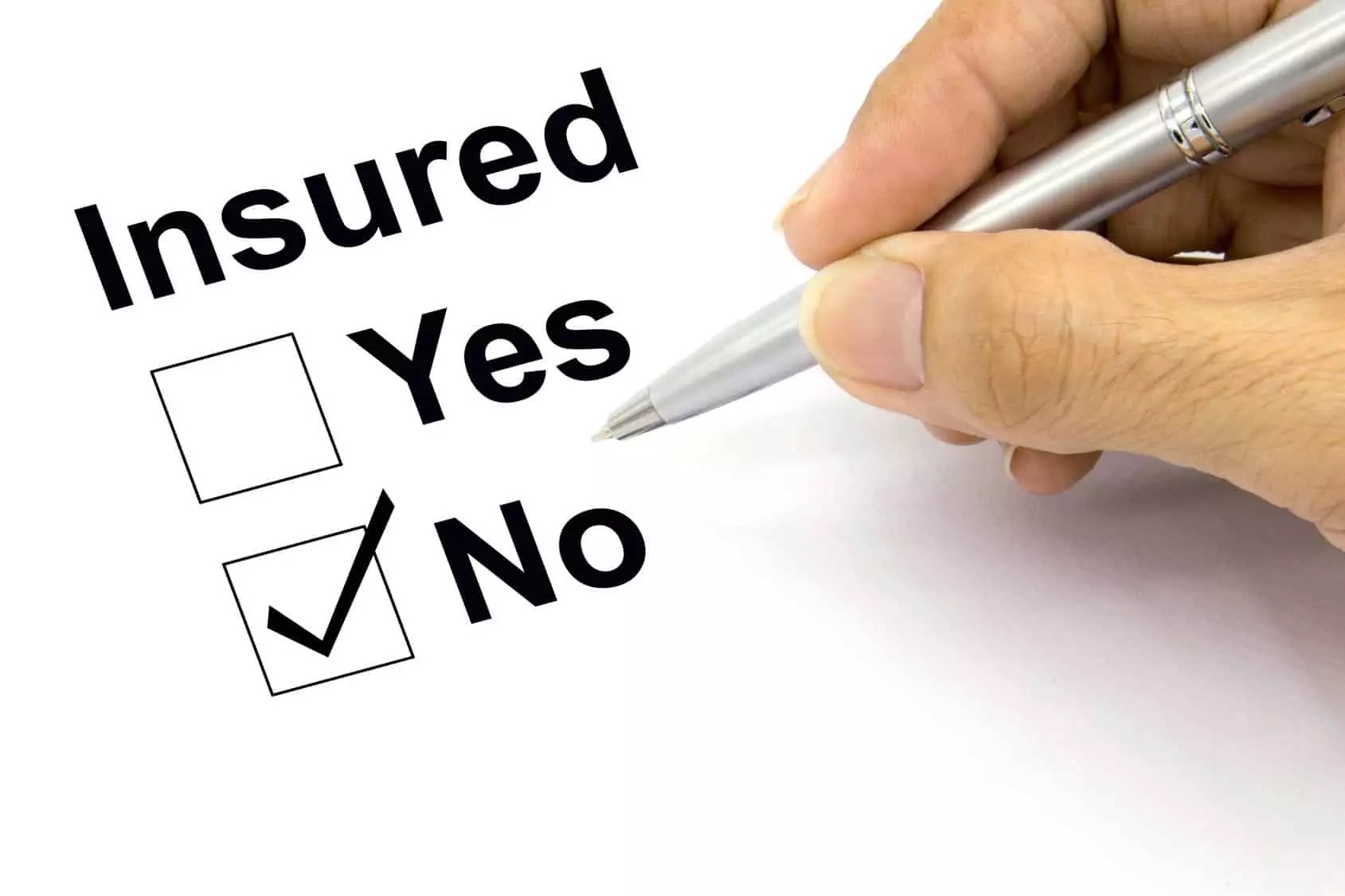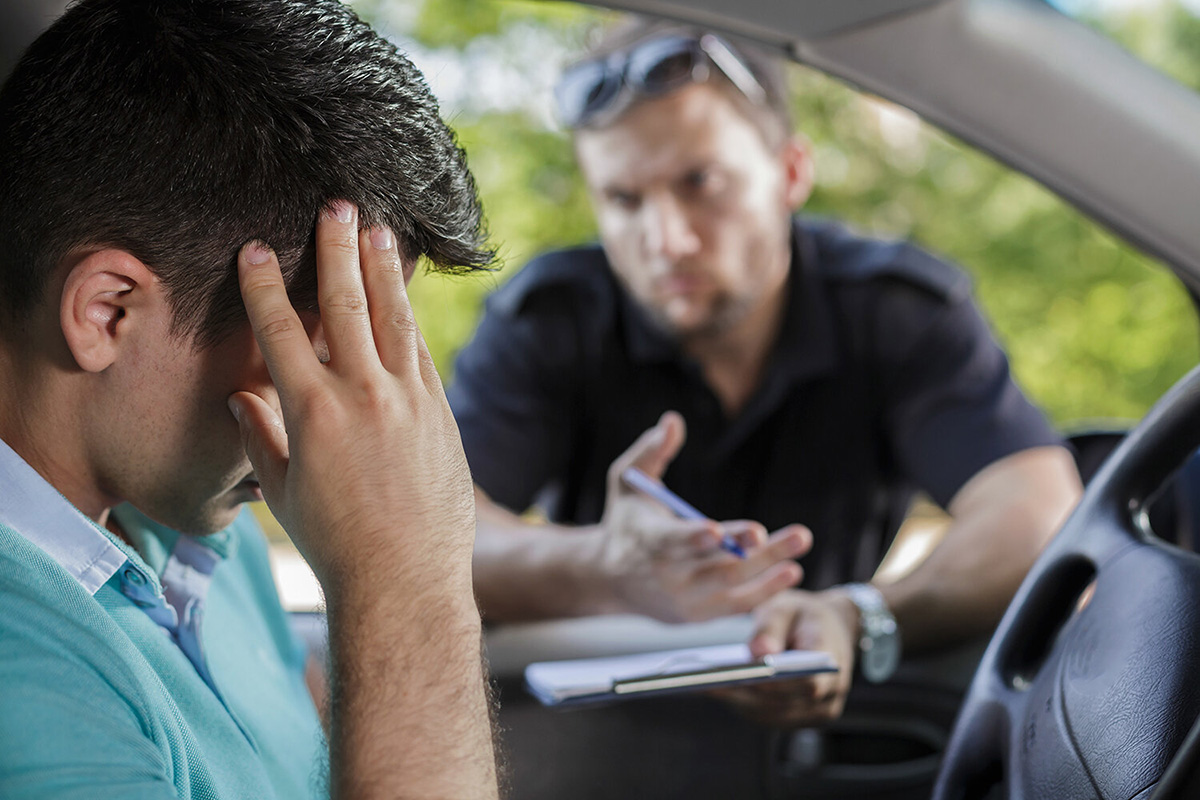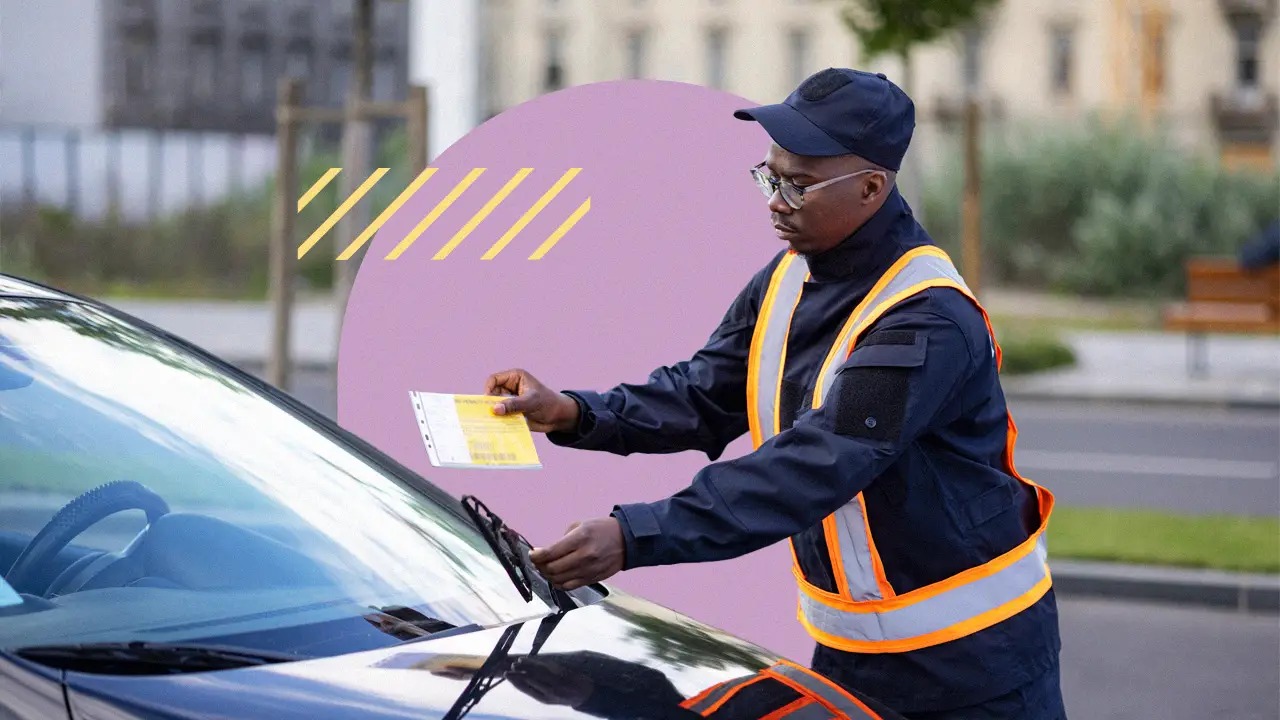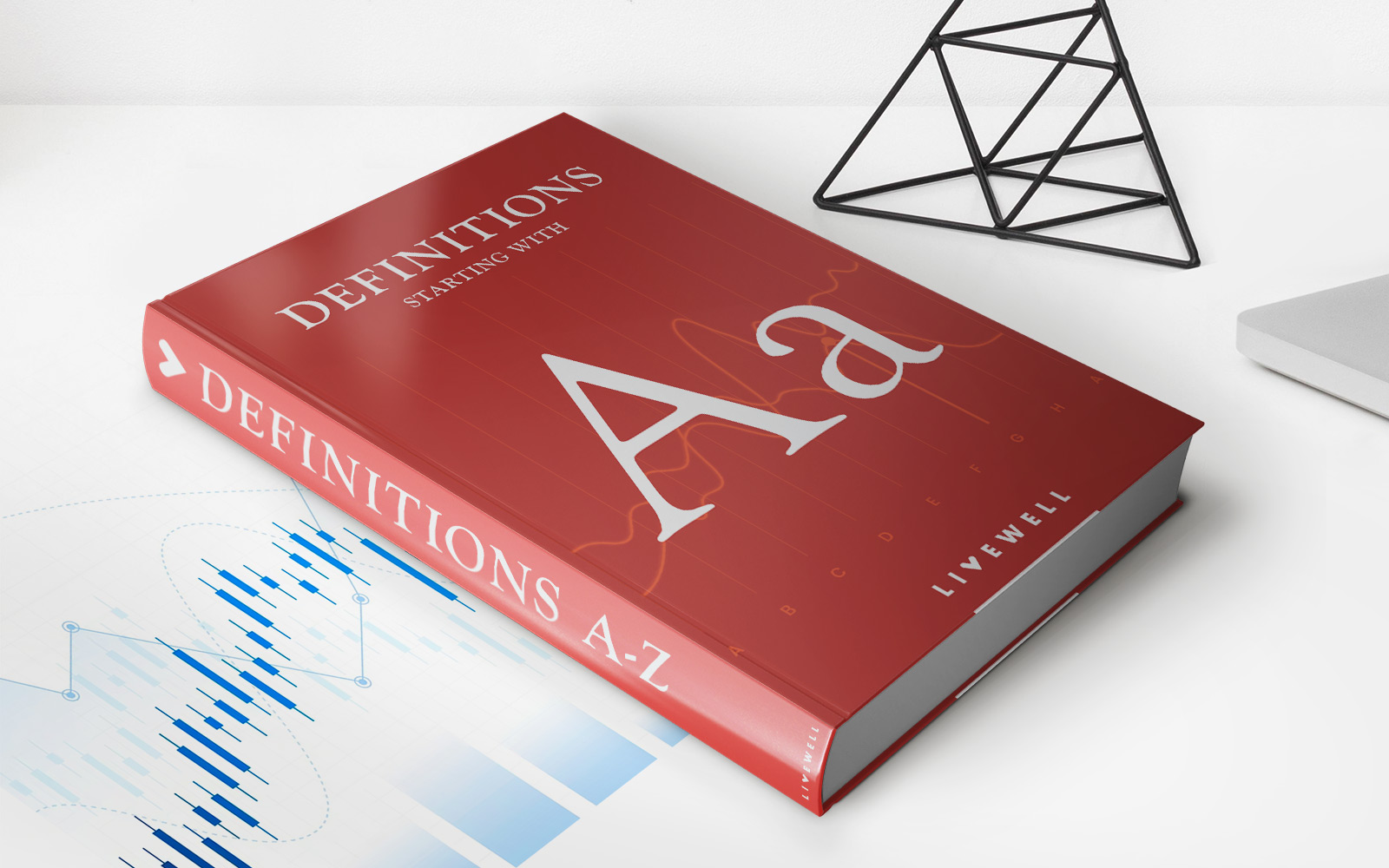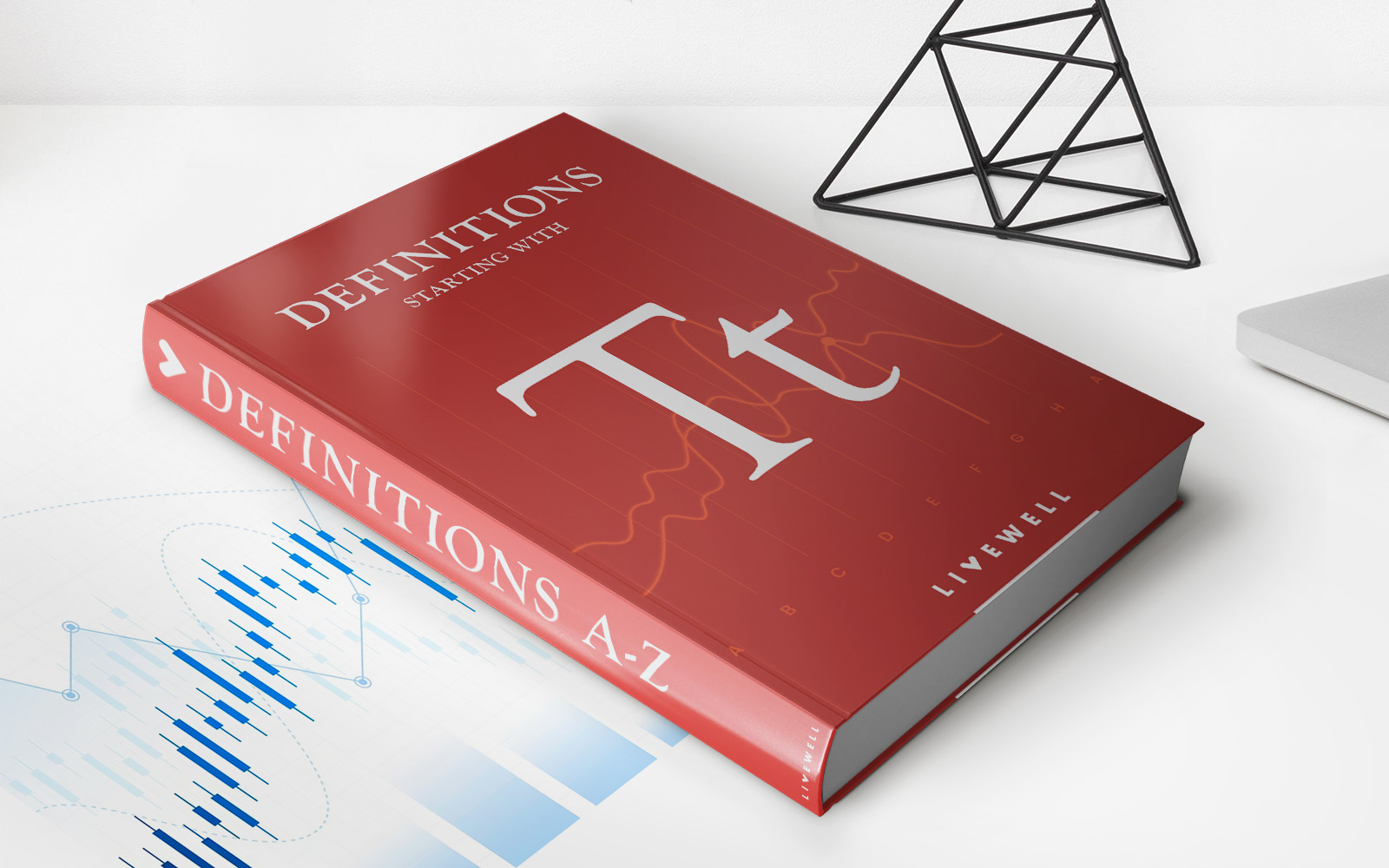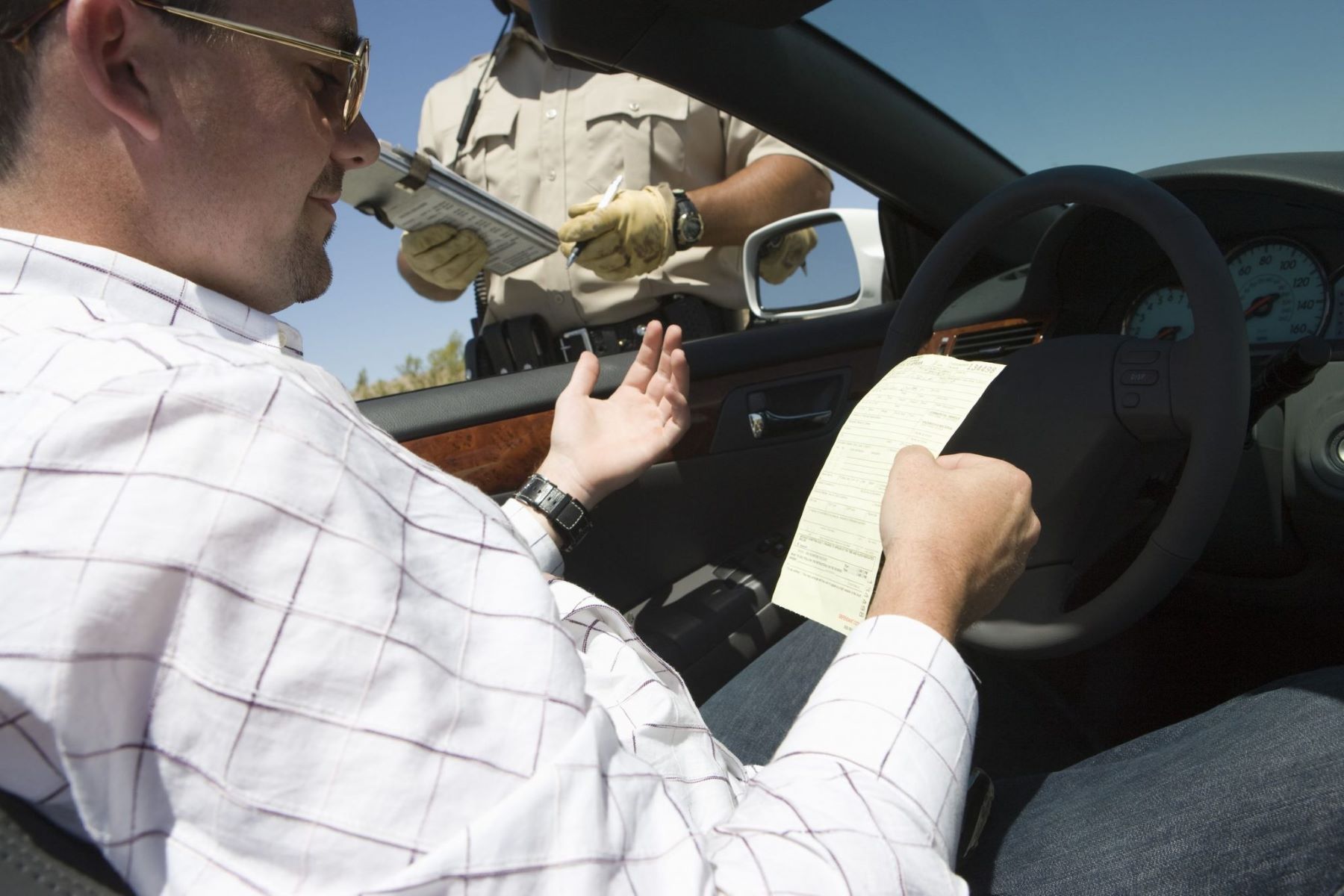

Finance
How Much Is A No Proof Of Insurance Ticket?
Published: November 19, 2023
Find out how much you could be fined for driving without proof of insurance. Learn about the financial consequences and penalties of not being insured on the road.
(Many of the links in this article redirect to a specific reviewed product. Your purchase of these products through affiliate links helps to generate commission for LiveWell, at no extra cost. Learn more)
Table of Contents
- Introduction
- Understanding No Proof of Insurance Tickets
- Factors Affecting the Cost of Tickets
- Average Cost of a No Proof of Insurance Ticket
- Consequences of a No Proof of Insurance Ticket
- Options for Dealing with a No Proof of Insurance Ticket
- How to Avoid Getting a No Proof of Insurance Ticket
- Conclusion
Introduction
Getting a traffic ticket can be a frustrating experience, and one of the most common offenses on the road is driving without proof of insurance. When you are pulled over by law enforcement and fail to provide evidence of valid auto insurance, you may end up with a no proof of insurance ticket. This violation can have significant consequences, both financially and legally.
Understanding the implications of a no proof of insurance ticket is crucial, as it can impact your driving record, insurance premiums, and even your ability to legally operate a motor vehicle. It is essential to have a clear understanding of the factors that affect the cost of these tickets, the average fines, and the potential consequences you may face.
Fortunately, there are options available for dealing with a no proof of insurance ticket, and steps you can take to avoid getting one in the first place. This article aims to provide comprehensive information on the topic, giving you the knowledge and tools to navigate this situation effectively.
Understanding No Proof of Insurance Tickets
A no proof of insurance ticket is issued when a driver fails to provide valid evidence of auto insurance coverage during a traffic stop. In most jurisdictions, it is a legal requirement to carry proof of insurance while driving. This proof typically comes in the form of an insurance card or policy document provided by your insurance company.
When pulled over by law enforcement, you will be asked to present your driver’s license, vehicle registration, and proof of insurance. Failure to provide proof of insurance may result in the issuance of a no proof of insurance ticket. It’s essential to note that even if you have insurance coverage, not having the physical proof at the time of the stop can still lead to a citation.
No proof of insurance tickets can have varying consequences depending on your location and the specific circumstances of the offense. They are generally categorized as a traffic violation and can result in fines, points on your driving record, and potentially even the suspension of your driver’s license.
It’s crucial to understand that a no proof of insurance ticket does not necessarily imply that you do not have insurance coverage. It simply means that you failed to provide evidence of that coverage during the traffic stop. If you do have valid insurance, you may have the option to contest the ticket by providing proof of insurance to the court. However, this process and the availability of this option can vary depending on your jurisdiction.
Now that we have a clear understanding of what a no proof of insurance ticket is, it’s time to explore the factors that can affect the cost of these tickets.
Factors Affecting the Cost of Tickets
The cost of a no proof of insurance ticket can vary depending on several factors. Understanding these factors can help you anticipate the potential financial impact of receiving such a ticket:
- Jurisdiction: The specific laws and regulations regarding no proof of insurance tickets vary from state to state, and even within different municipalities. Each jurisdiction sets its own fines and penalties for this offense, which can significantly affect the cost of the ticket.
- Prior Offenses: If you have previously received a no proof of insurance ticket or other traffic violations, it is likely that the subsequent ticket will come with a higher fine. Repeat offenses can demonstrate a pattern of non-compliance and may result in steeper penalties.
- Circumstances of the Offense: Some jurisdictions may consider mitigating factors such as the reason for not having proof of insurance, cooperation with law enforcement, or previous clean driving records. These circumstances can potentially impact the severity of the ticket.
- Additional Violations: In some cases, getting a no proof of insurance ticket may be accompanied by other traffic violations, such as speeding or running a red light. If you receive multiple citations during the same traffic stop, the total fines and penalties can increase.
- Insurance Coverage Status: While the primary concern for law enforcement is the failure to provide proof of insurance at the time of the stop, some jurisdictions may inquire about your overall insurance coverage status. If you are driving without insurance coverage altogether, the consequences may be more severe than simply not having physical proof.
It’s important to remember that these factors can vary significantly depending on your specific location. It is advisable to familiarize yourself with the laws and regulations of your jurisdiction to understand the potential cost you may face if you receive a no proof of insurance ticket.
Now that we have examined the factors that can influence the cost of a no proof of insurance ticket, let’s explore the average fines associated with this offense.
Average Cost of a No Proof of Insurance Ticket
The average cost of a no proof of insurance ticket can vary widely depending on your location and the specific circumstances surrounding the offense. It is important to note that these figures are approximate and can change over time. However, understanding the average fines can give you a general idea of what to expect if you receive a no proof of insurance ticket:
In general, the fines for a no proof of insurance ticket can range from $100 to $500 or more. This range accounts for the variations in penalties set by different jurisdictions. Some states may impose a fixed fine amount, while others may have a range with a minimum and maximum penalty.
It’s important to remember that fines are not the only financial consequence of a no proof of insurance ticket. In addition to the initial fine, you may also be responsible for court costs and additional fees, which can further increase the total amount you have to pay.
In some cases, the cost of the ticket can also be affected by the number of prior offenses or other related violations during the same traffic stop. If you have previous no proof of insurance tickets or other traffic violations on your record, the fines may be higher.
It’s crucial to check the laws and regulations specific to your jurisdiction to understand the exact fines you may face if you receive a no proof of insurance ticket. The variability in penalties highlights the importance of always carrying valid proof of insurance to avoid these costly consequences.
Now that we have discussed the potential financial impact of a no proof of insurance ticket, let’s explore the broader consequences that may result from this violation.
Consequences of a No Proof of Insurance Ticket
Receiving a no proof of insurance ticket can have several consequences that extend beyond the financial aspect. It’s important to understand these potential repercussions to fully grasp the seriousness of this violation:
- Fines and Penalties: As mentioned earlier, the immediate consequence of a no proof of insurance ticket is the payment of fines. The amount can vary depending on your jurisdiction and the specific circumstances of the offense. These fines can range from hundreds to thousands of dollars, depending on factors such as prior offenses and additional violations.
- Points on Your Driving Record: In many jurisdictions, a no proof of insurance ticket results in the addition of points to your driving record. These points can have a negative impact on your insurance premiums and may even lead to the suspension or revocation of your driver’s license if they accumulate to a certain threshold.
- Increase in Insurance Premiums: Getting a no proof of insurance ticket can result in an increase in your auto insurance premiums. Insurance companies view this violation as a sign of higher risk, and as a result, they may raise your rates or even choose to cancel your policy altogether. It is essential to check with your insurance provider to understand the potential impact on your premiums.
- Suspension of Driver’s License: In severe cases, multiple no proof of insurance tickets or a combination of this violation with other traffic offenses can lead to the suspension or revocation of your driver’s license. This can significantly impact your ability to legally operate a motor vehicle and may result in additional fees or requirements to reinstate your license.
- Legal Consequences: Driving without valid proof of insurance is a violation of the law, and as such, it can result in legal consequences. Depending on your jurisdiction, you may be required to appear in court and face additional penalties or even criminal charges in extreme cases.
It is crucial to remember that these consequences can vary depending on your location and the specific circumstances of the offense. It is advisable to consult with a legal professional or research the laws of your jurisdiction to fully understand the potential ramifications of receiving a no proof of insurance ticket.
Now that we have explored the consequences, let’s move on to the available options for dealing with a no proof of insurance ticket.
Options for Dealing with a No Proof of Insurance Ticket
If you receive a no proof of insurance ticket, there are several options available for handling the situation. It is crucial to understand and carefully consider each option to determine the best course of action for your specific circumstances:
- Show Proof of Insurance: In some jurisdictions, if you can provide valid proof of insurance to the court, you may be able to contest the ticket. This typically involves submitting your insurance policy or insurance card as evidence of coverage. It’s essential to check with your local court to confirm if this option is available and what steps you need to take to present your proof of insurance.
- Pay the Fine: If contesting the ticket is not a viable option or if you choose not to pursue this route, you can choose to pay the fine. The amount will vary depending on your location and the specific circumstances surrounding the offense. Make sure to pay the fine by the given deadline to avoid any additional penalties.
- Seek Legal Assistance: If you believe there are grounds for contesting the ticket or if you want professional guidance on how to handle the situation, you may consider consulting with a traffic attorney. They can provide legal advice, evaluate the merits of your case, and represent you in court if necessary.
- Attend Traffic School: In some jurisdictions, attending a defensive driving or traffic school program may be an option to mitigate the consequences of the ticket. Completing this program can potentially result in the reduction of fines or points on your driving record. However, not all jurisdictions offer this option, so it is crucial to check the eligibility requirements and availability in your area.
- Negotiate a Plea Bargain: Depending on the circumstances of your case, you may have the option to negotiate a plea bargain with the prosecutor. This may involve pleading guilty to a lesser offense or agreeing to alternative penalties in exchange for a reduced fine or other favorable outcomes. It is recommended to consult with an attorney for assistance in negotiating a plea bargain.
It’s important to note that the availability and specific procedures for these options can vary depending on your jurisdiction. Researching your local laws and consulting with a legal professional can provide you with the most accurate and updated information to make informed decisions.
Now that we have discussed the options for handling a no proof of insurance ticket, let’s explore some preventative measures to avoid getting such a ticket in the first place.
How to Avoid Getting a No Proof of Insurance Ticket
Prevention is always the best approach when it comes to avoiding a no proof of insurance ticket. Here are some essential steps you can take to ensure you have the necessary proof of insurance and minimize the risk of receiving a ticket:
- Always Carry Proof of Insurance: Make it a habit to keep a physical or digital copy of your insurance card or policy document in your vehicle at all times. This way, you can easily provide proof of insurance if you are pulled over by law enforcement.
- Keep Insurance Information Updated: Regularly review and update your insurance information. Ensure that your policy is active, and the coverage details are accurate. Notify your insurance company of any changes, such as new vehicles or address updates.
- Renew Your Policy on Time: Avoid any gaps in your insurance coverage by renewing your policy before it expires. Failure to maintain continuous insurance coverage can increase the risk of receiving a no proof of insurance ticket if pulled over by law enforcement.
- Understand Your Insurance Coverage: Familiarize yourself with the details of your insurance policy, including the coverage limits, deductibles, and any additional requirements set by your state. Being knowledgeable about your coverage will help you confidently address any questions or concerns raised by law enforcement.
- Electronic Insurance Proof: Check if your jurisdiction accepts electronic proof of insurance. Depending on the laws in your area, you may be able to display your insurance card on a smartphone or other electronic devices when asked for proof of insurance.
- Review State Requirements: Each state has different requirements regarding proof of insurance. Take the time to understand the specific laws in your state and ensure you are meeting all necessary criteria to avoid getting a ticket.
- Follow Traffic Laws: Obeying all traffic laws and practicing safe driving habits can significantly reduce the chances of being pulled over by law enforcement. Adhering to speed limits, using turn signals, and avoiding distracted driving will minimize the likelihood of encountering a situation where you may be asked to provide proof of insurance.
By implementing these preventive measures and staying proactive in managing your insurance coverage, you can greatly reduce the risk of receiving a no proof of insurance ticket.
Now, let’s recap all the information we’ve covered in this article.
Conclusion
Driving without proof of insurance can lead to a no proof of insurance ticket, which can have significant consequences. Understanding the implications, fines, and potential penalties associated with this violation is crucial for every driver. By familiarizing yourself with the factors that affect the cost of tickets, the average fines, and the possible consequences, you can be better prepared to handle such a situation if it arises.
It is important to remember that prevention is key. Always make sure to carry valid proof of insurance and keep it updated. Following traffic laws and practicing safe driving habits can reduce the chances of being pulled over and asked to provide proof of insurance. By taking these preventive measures and staying informed about your local laws and options for dealing with no proof of insurance tickets, you can effectively navigate such situations.
In the event that you do receive a no proof of insurance ticket, explore your options for handling it. Whether that involves contesting the ticket with valid proof of insurance, paying the fine, seeking legal assistance, attending traffic school, or negotiating a plea bargain, be sure to make an informed decision that best fits your circumstances.
Ultimately, it is essential to prioritize insurance coverage and responsible driving. Having adequate auto insurance protects not only yourself and your vehicle but also other drivers on the road. By understanding the consequences of driving without proof of insurance and taking the necessary steps to avoid it, you can maintain a safe and legally compliant driving record.
Remember, prevention is always better than dealing with the consequences. Stay proactive, stay insured, and stay safe on the road.

